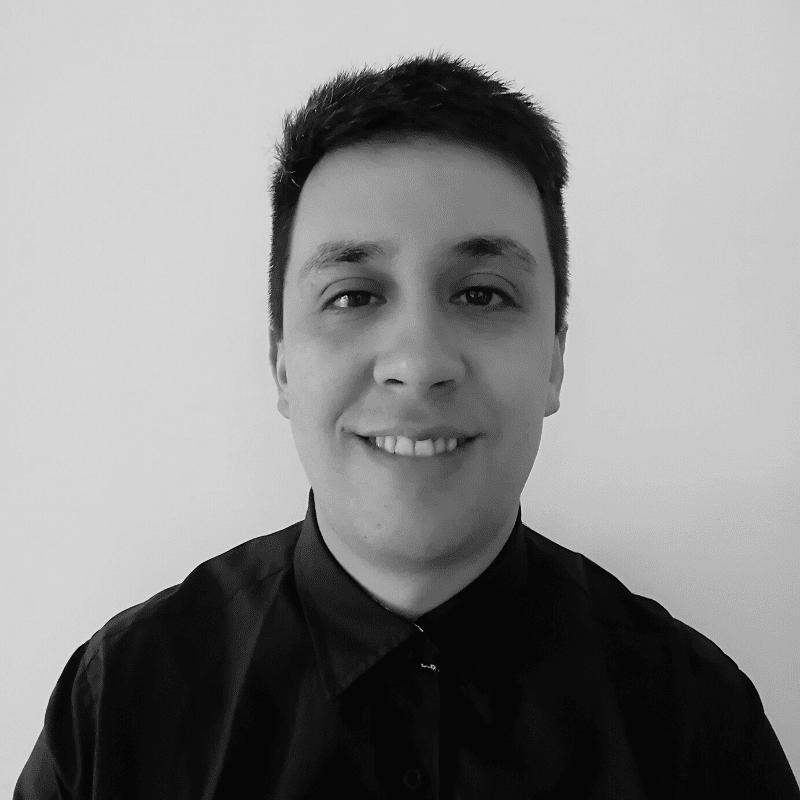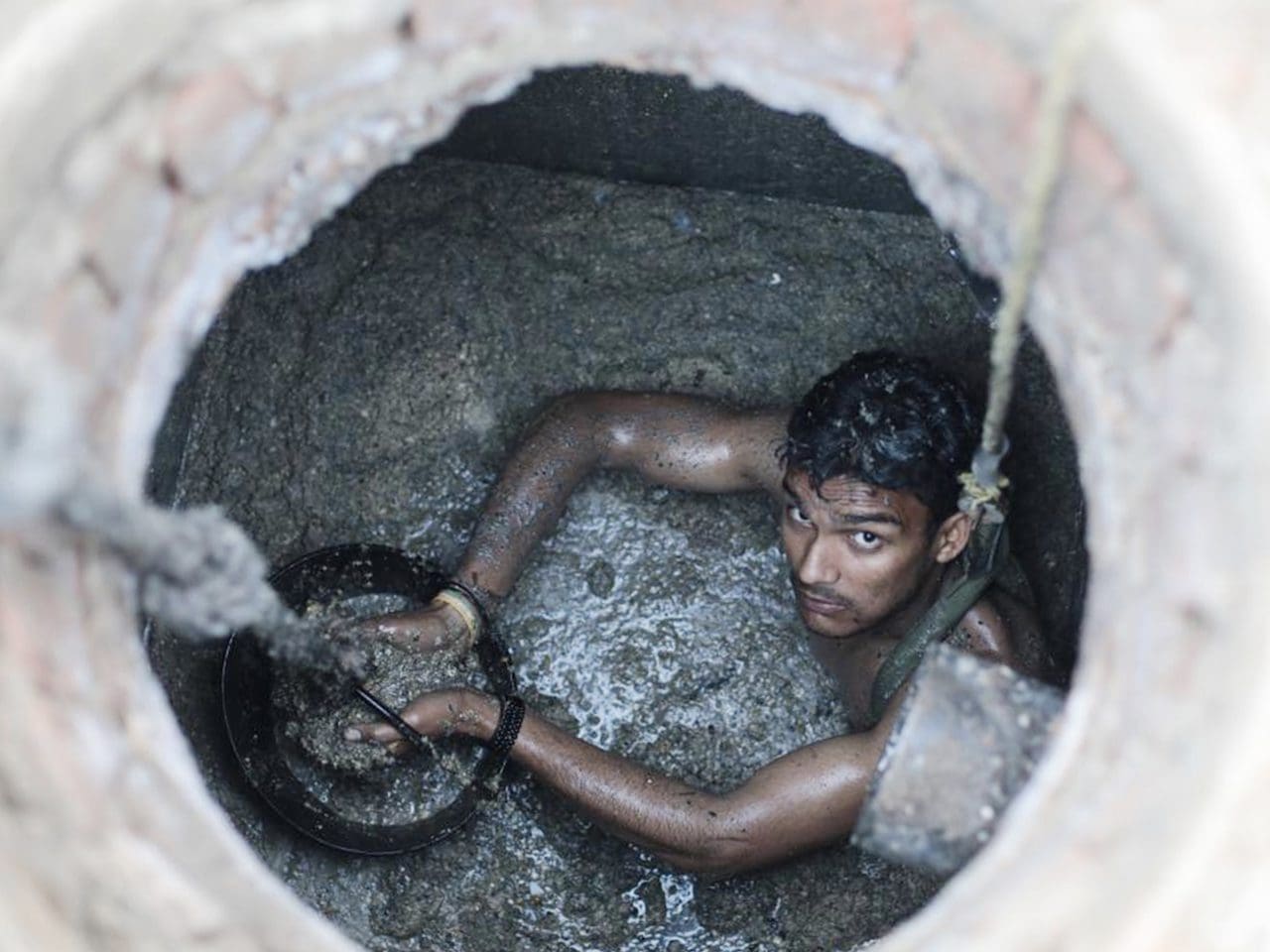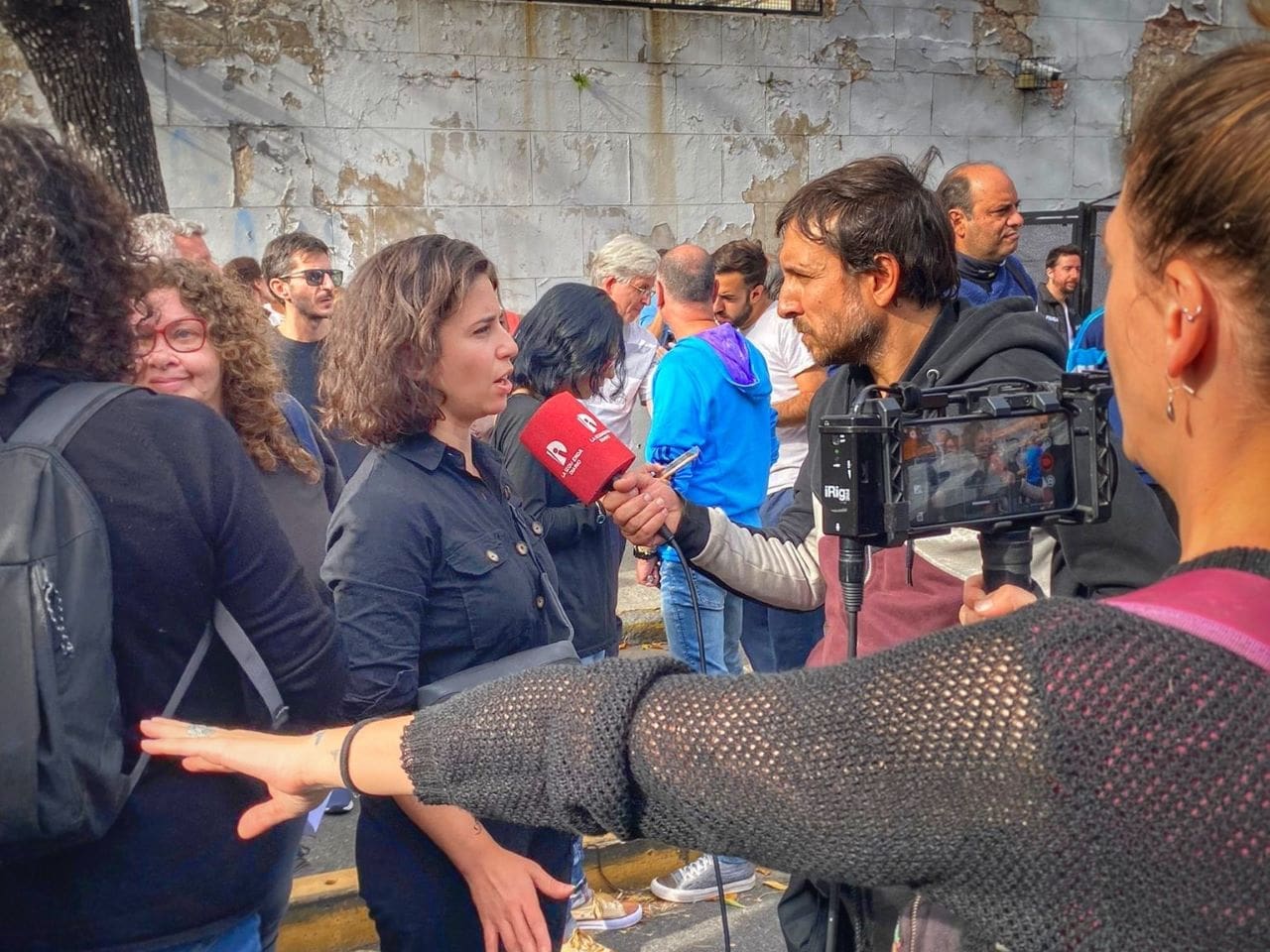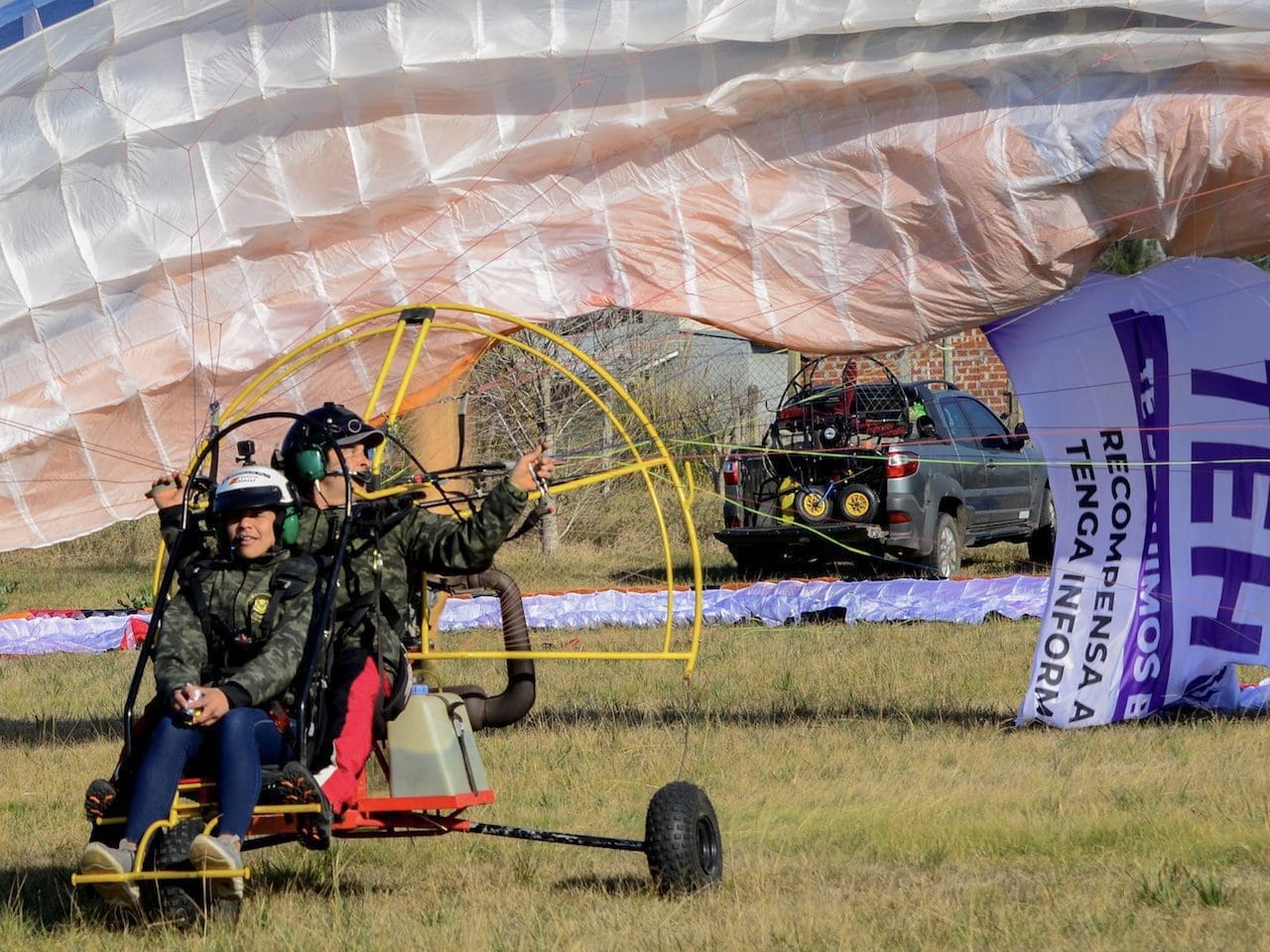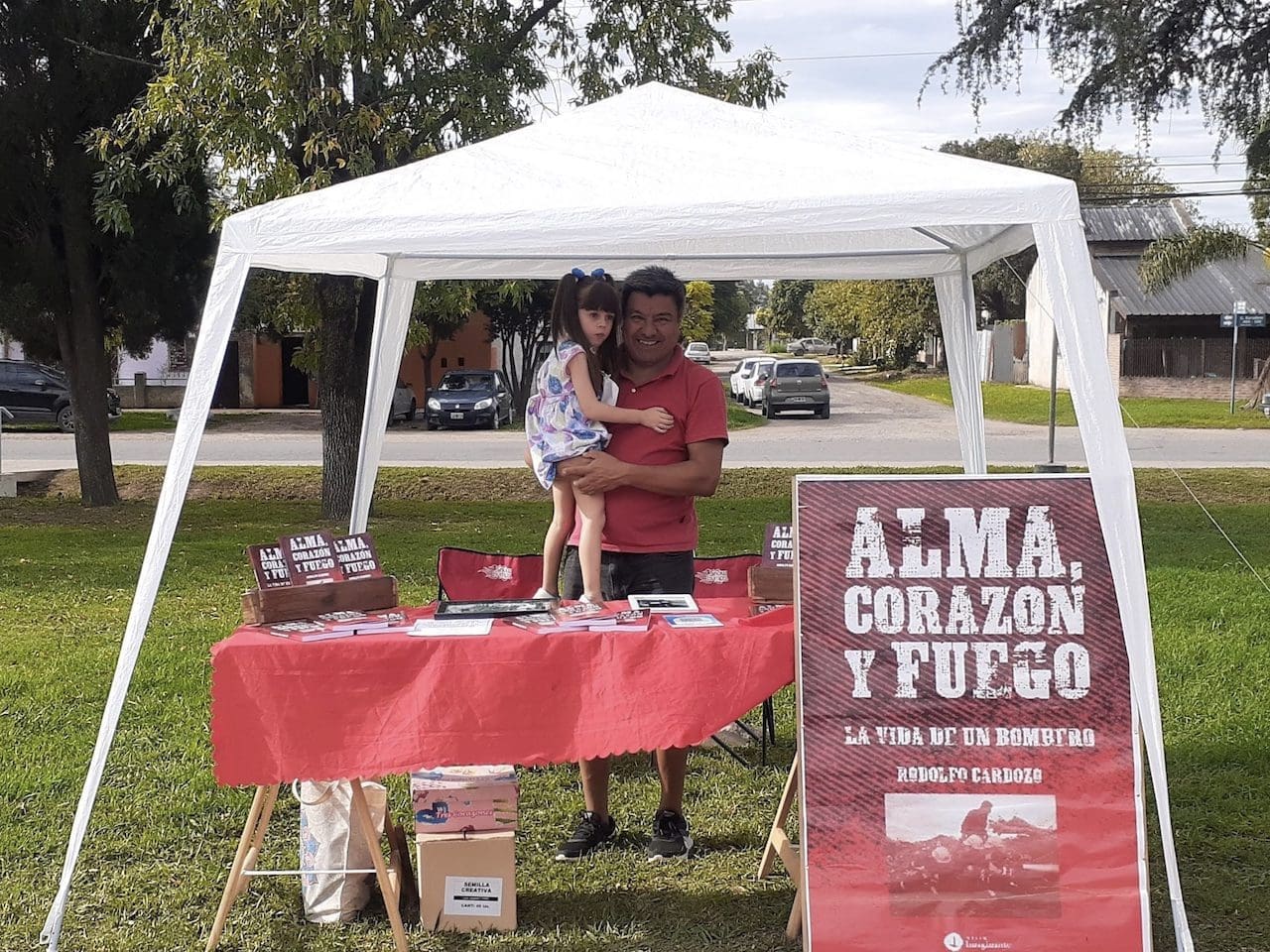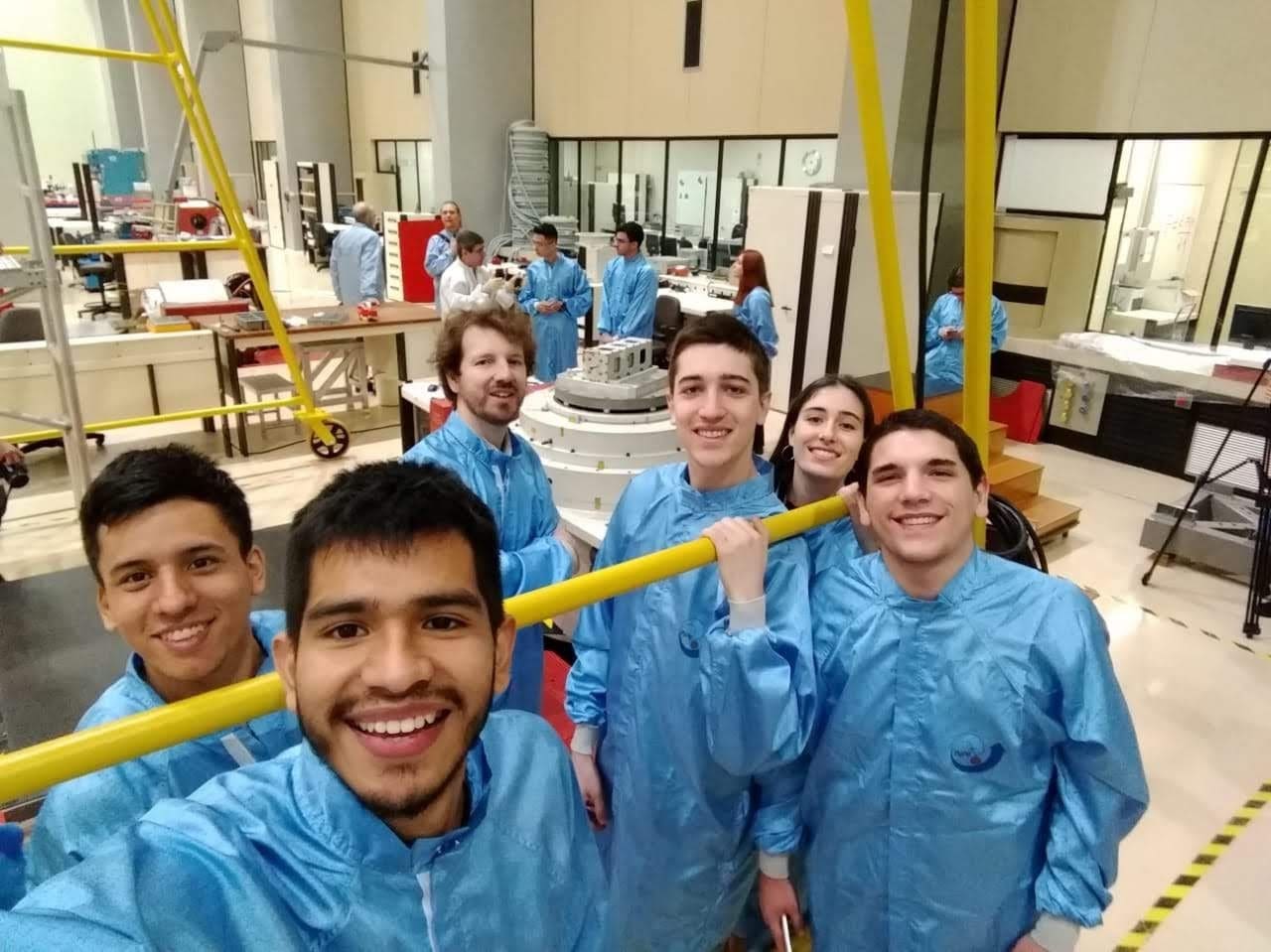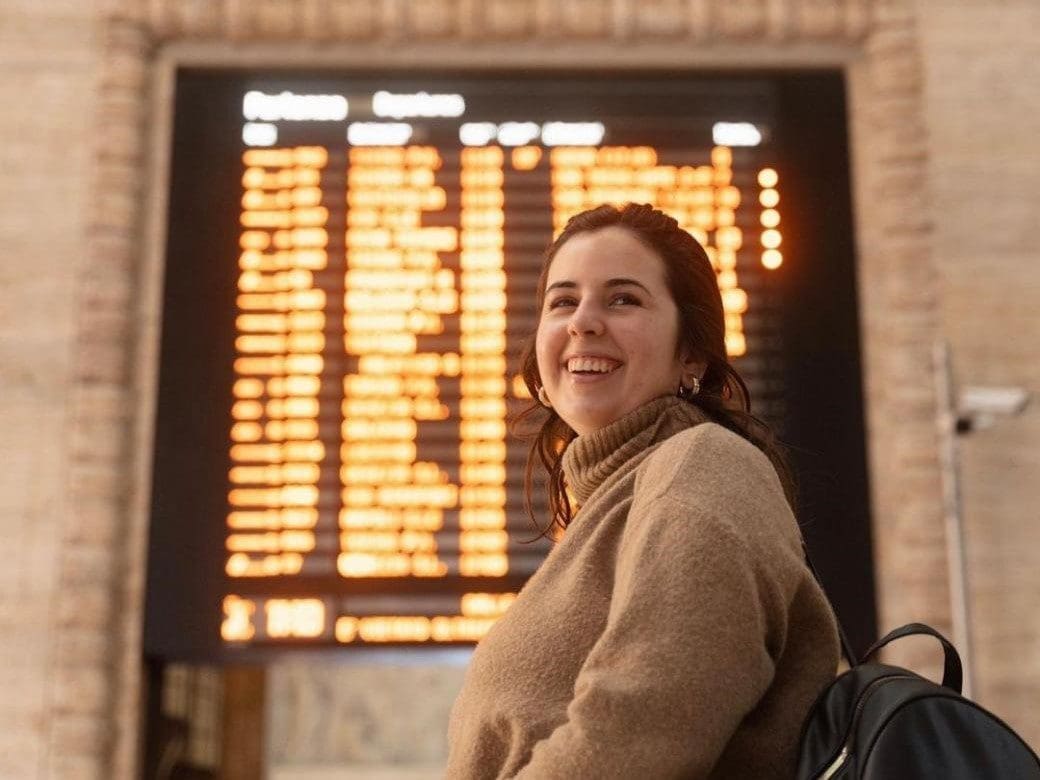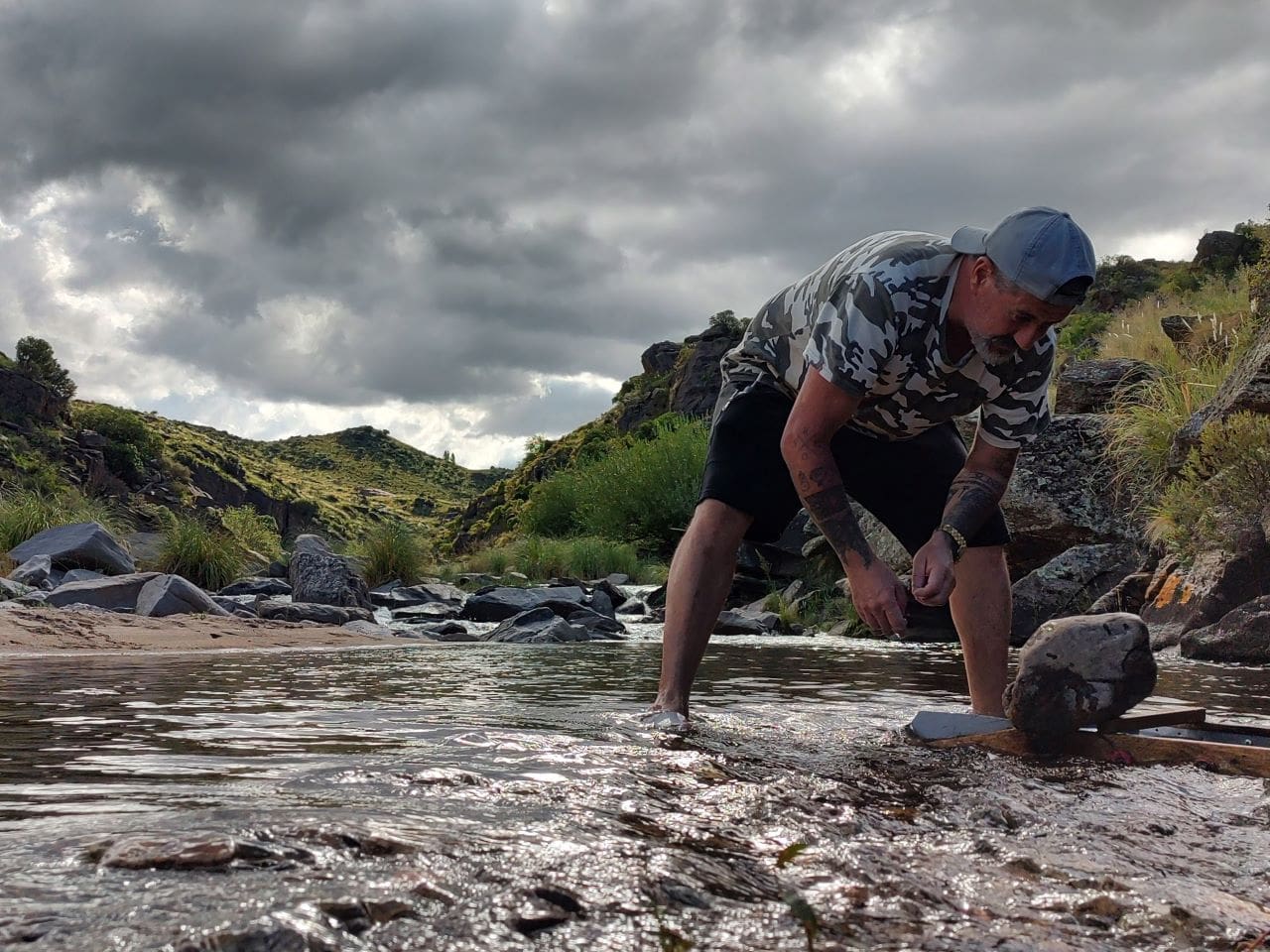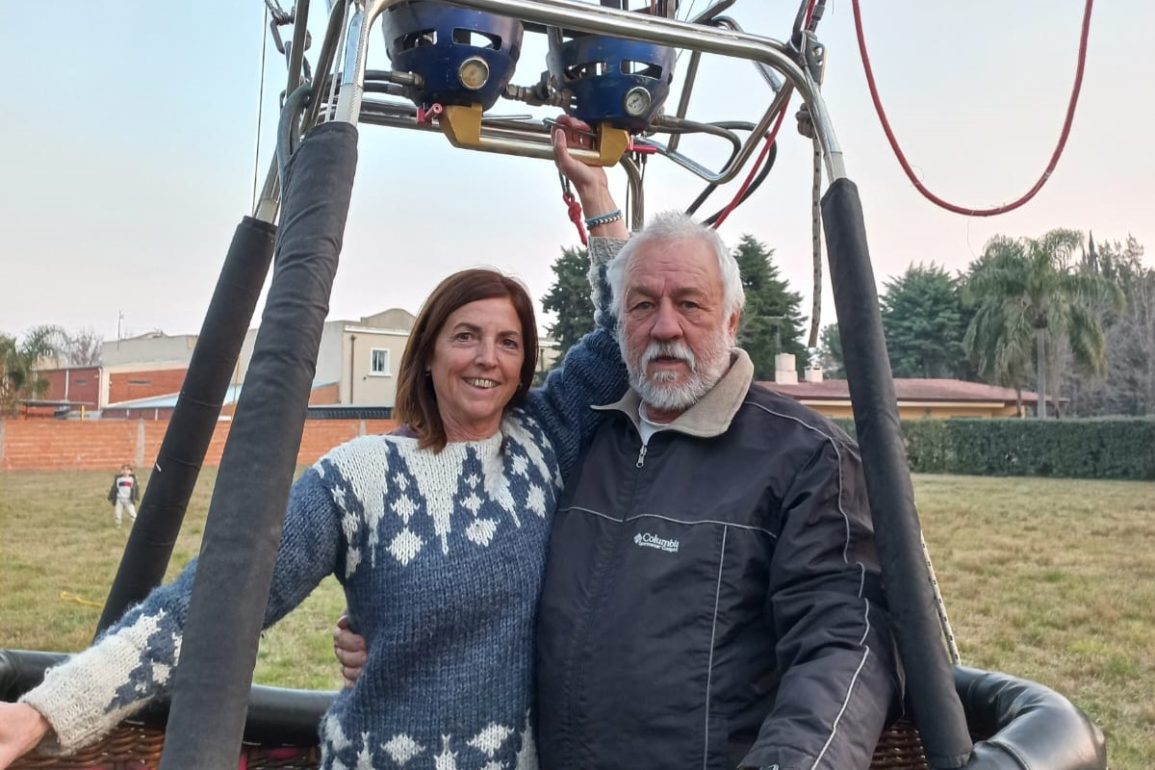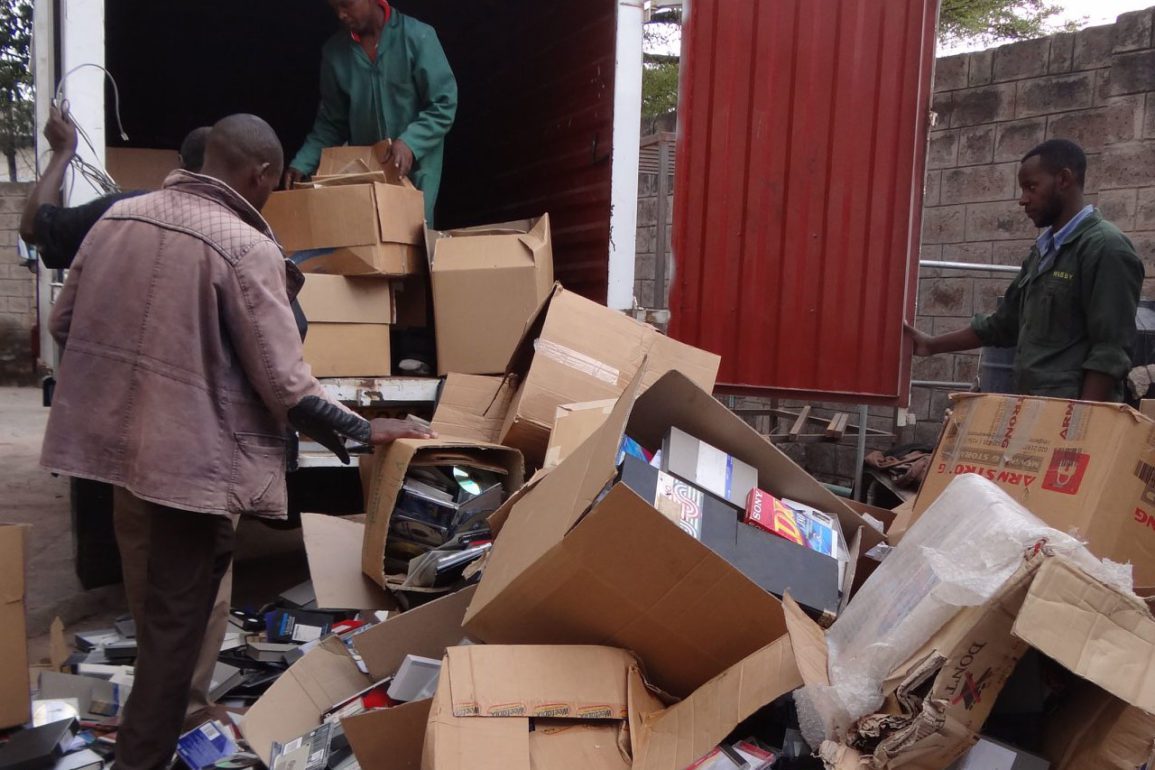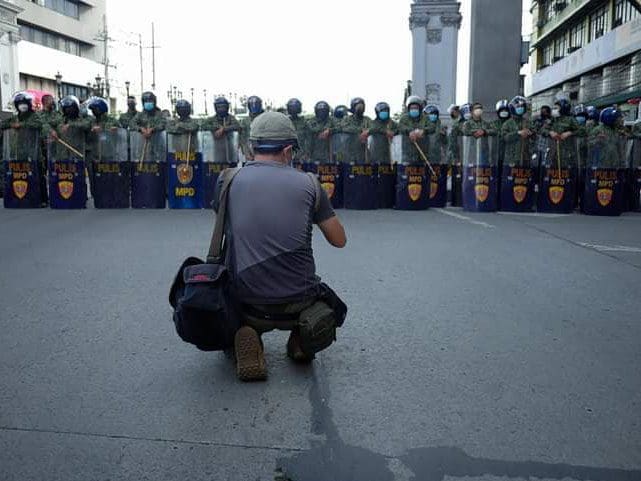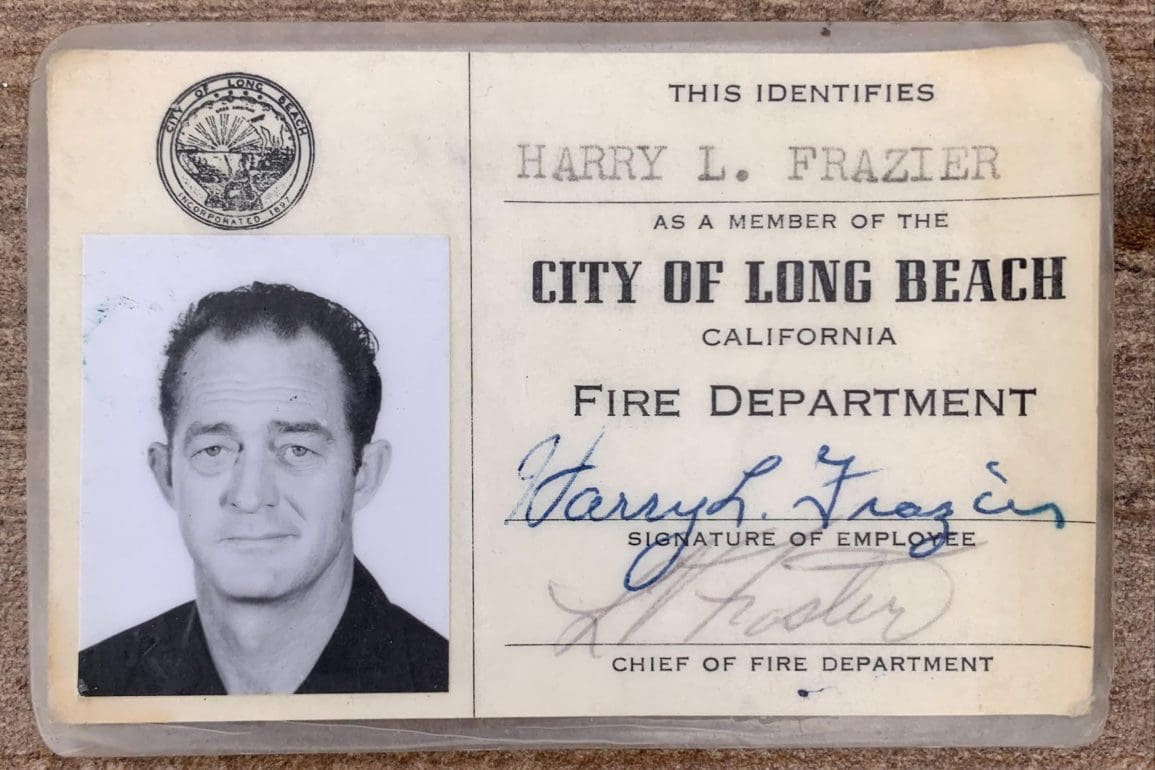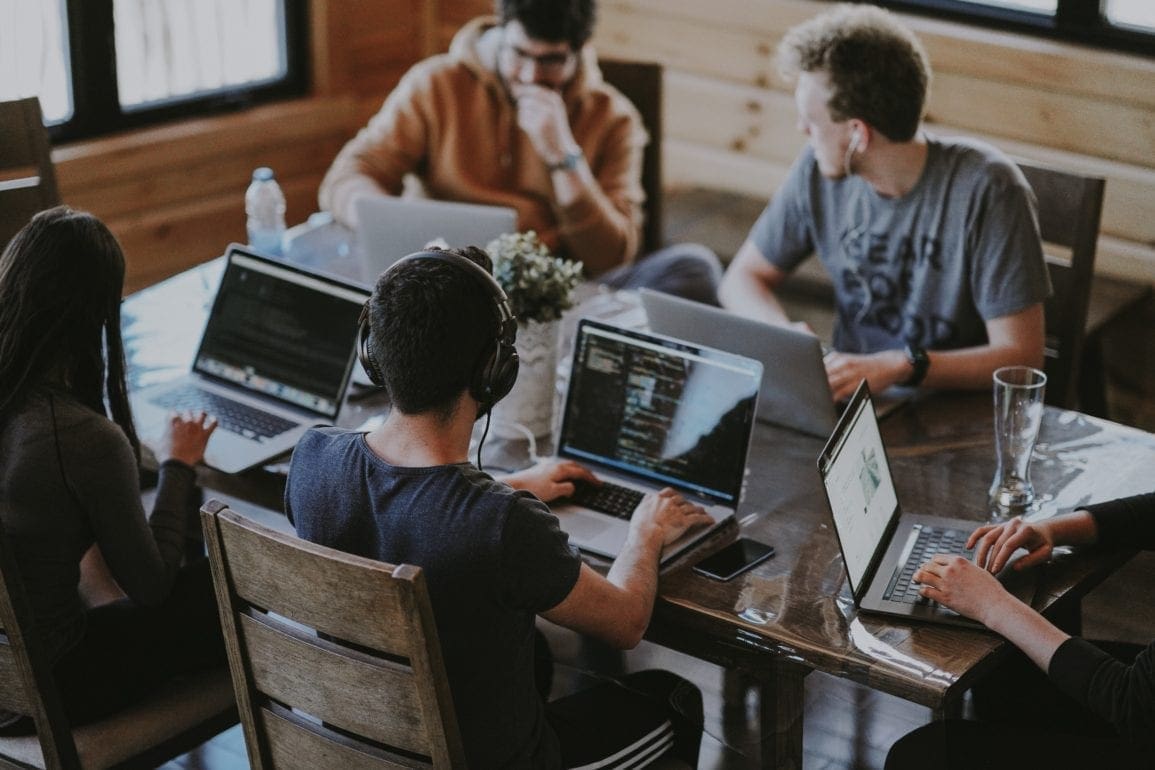Doctors and residents in Argentina up in arms, protests swell every month
On one occasion, I prescribed a powdered antibiotic to a patient who needed it. As a mother living alone, she contracted a terrible infection. It never dawned on me that the patient may not have the proper tools to prepare it. When I visited her, I found out she lacked drinking water at home, and could not prepare the medicine. When I saw how she lived, I felt angry at the world.
- 1 year ago
April 15, 2023
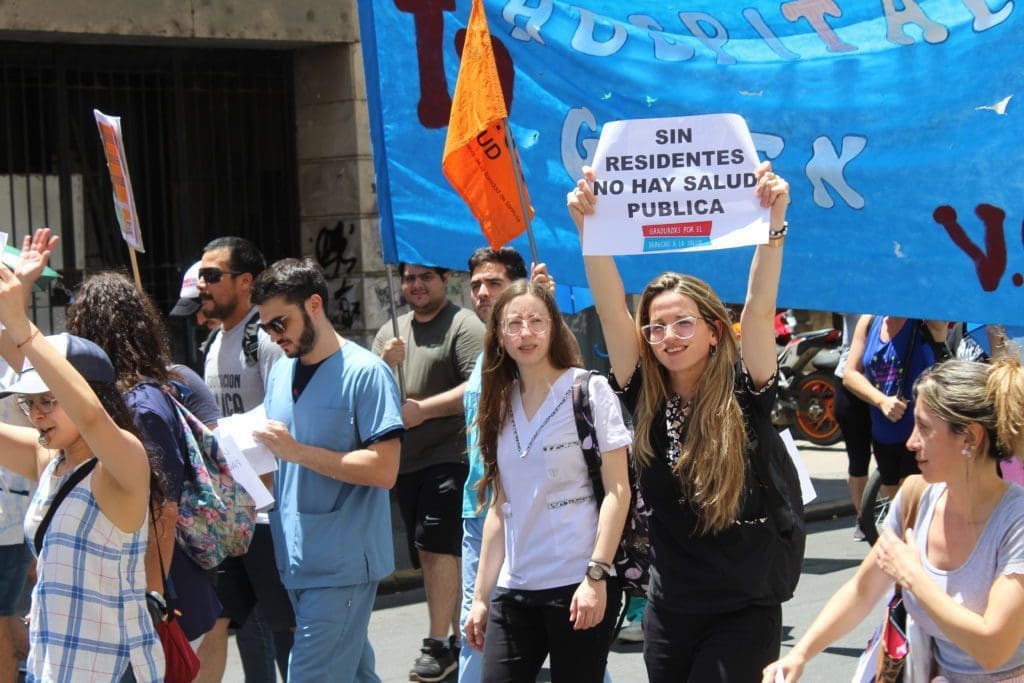
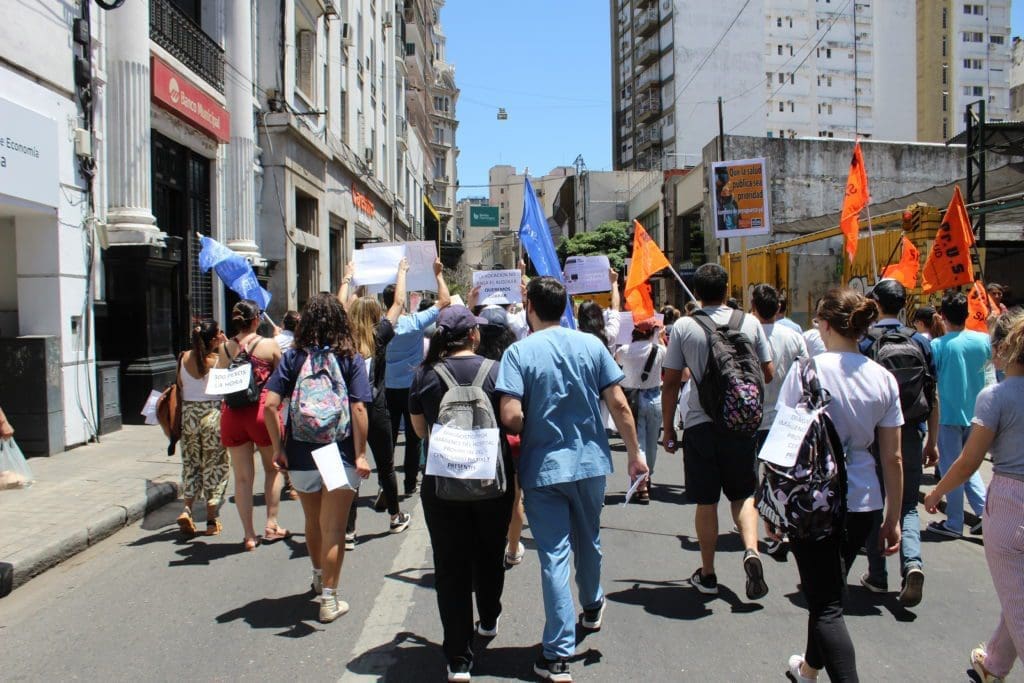
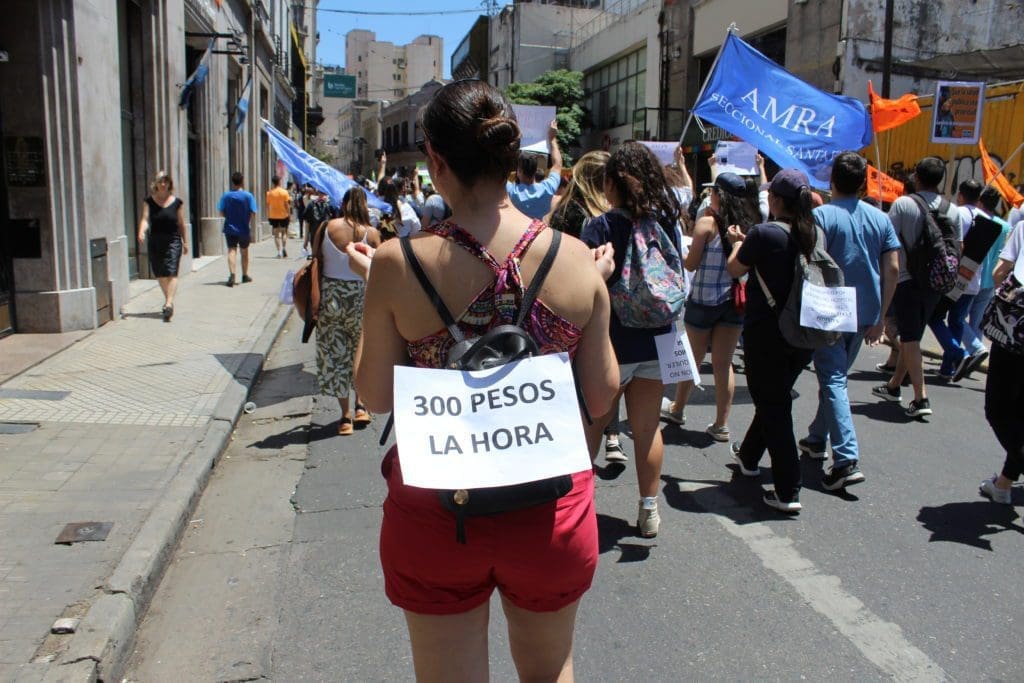
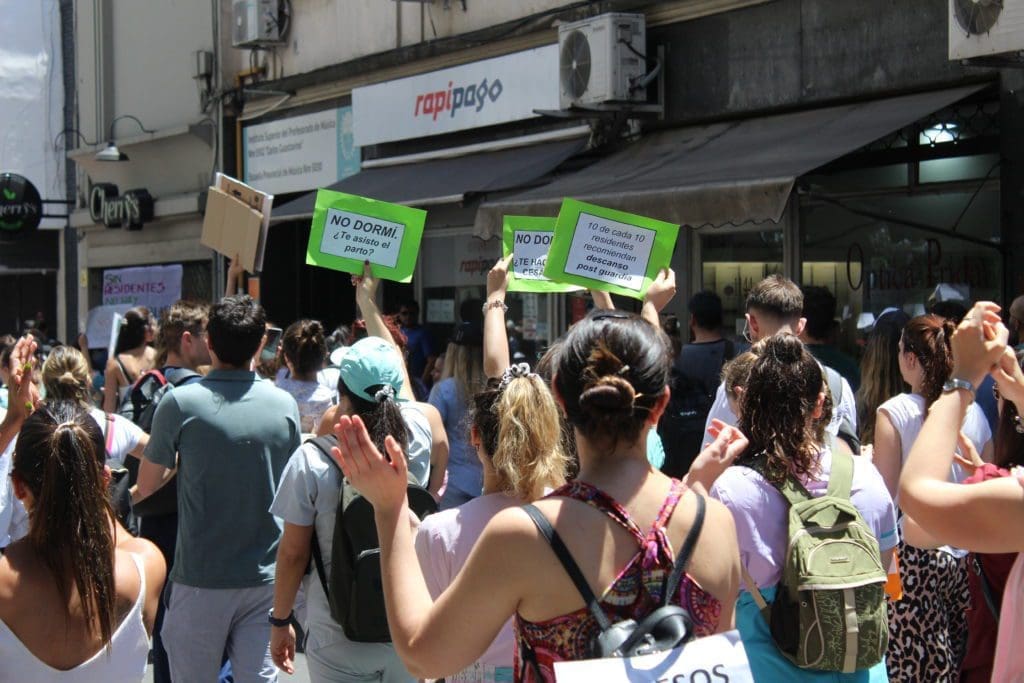
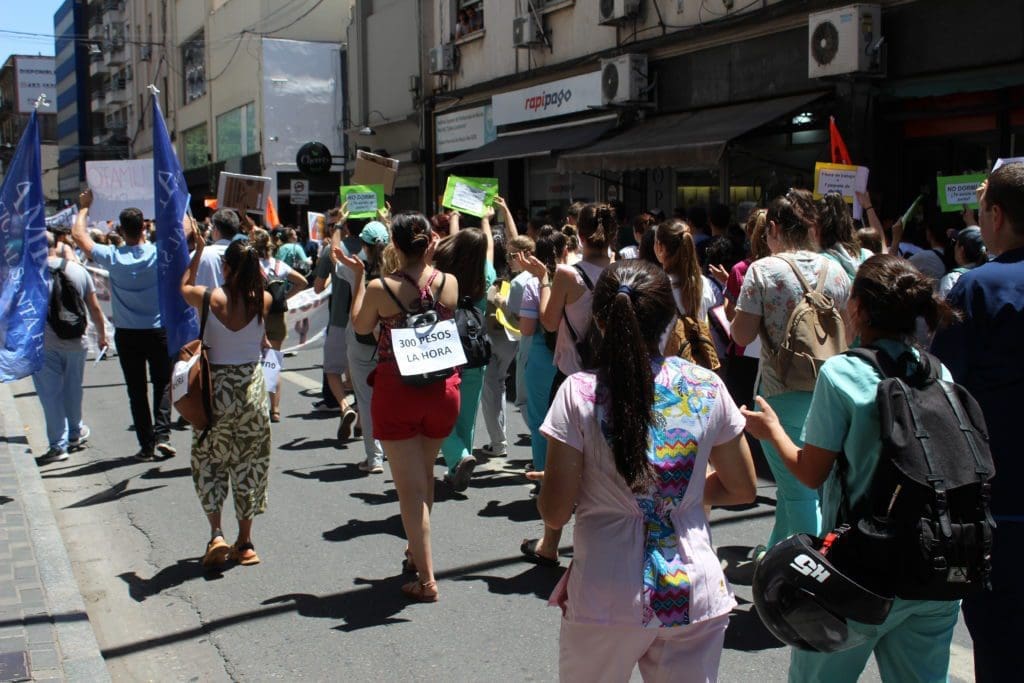
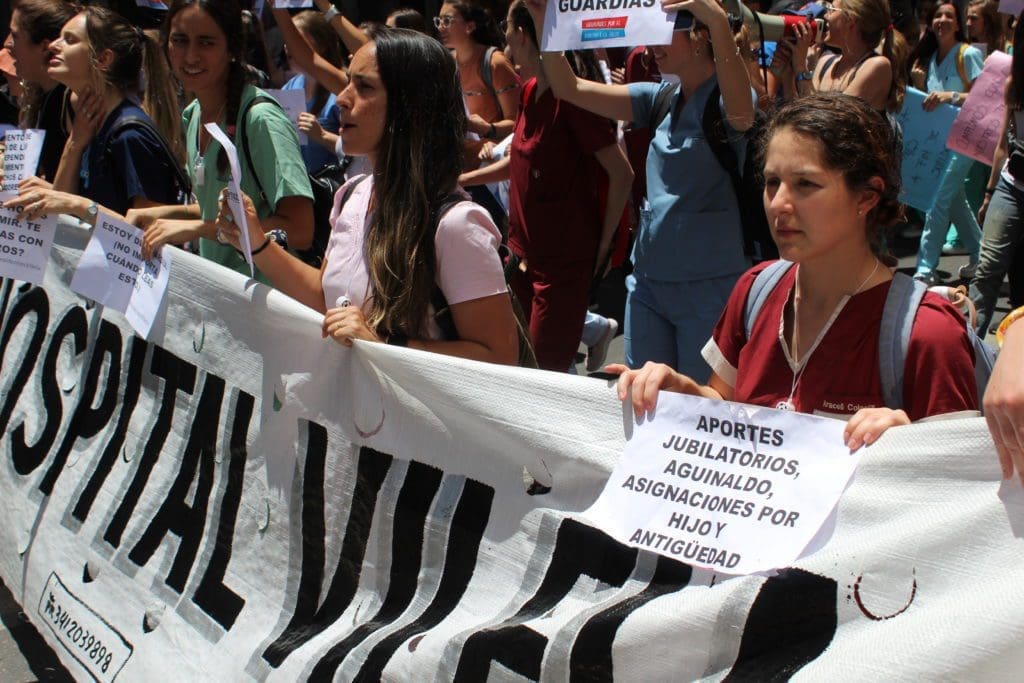
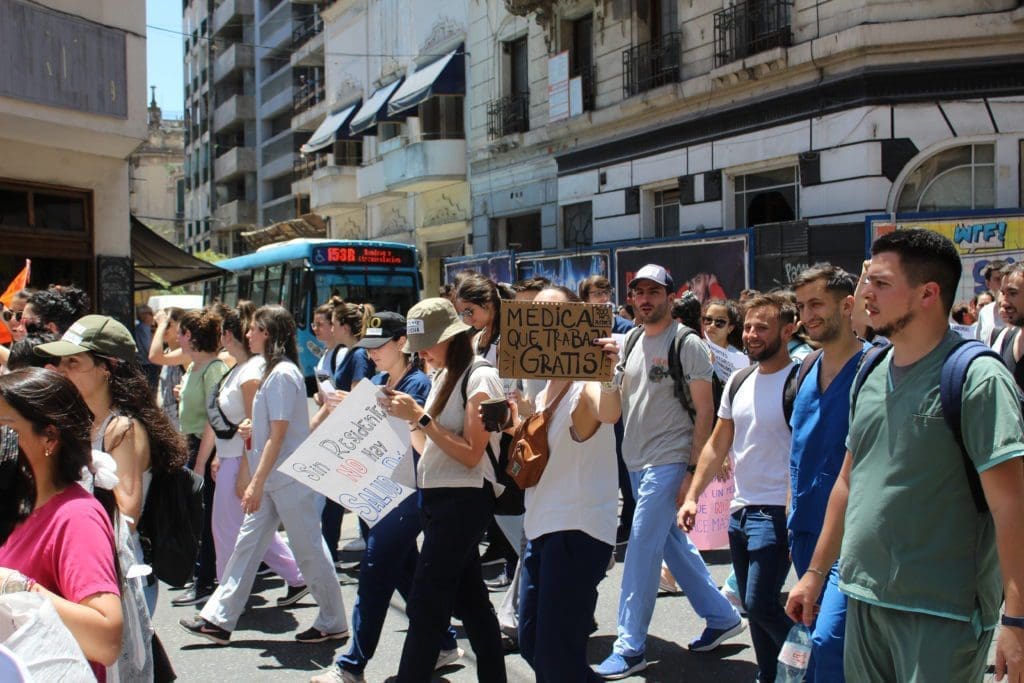
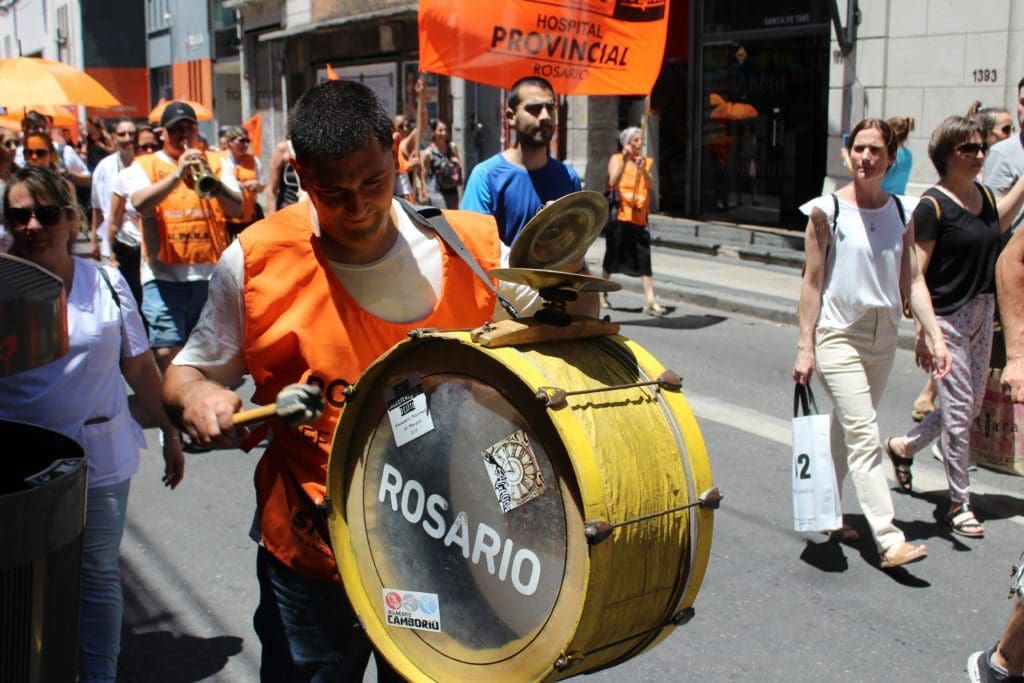
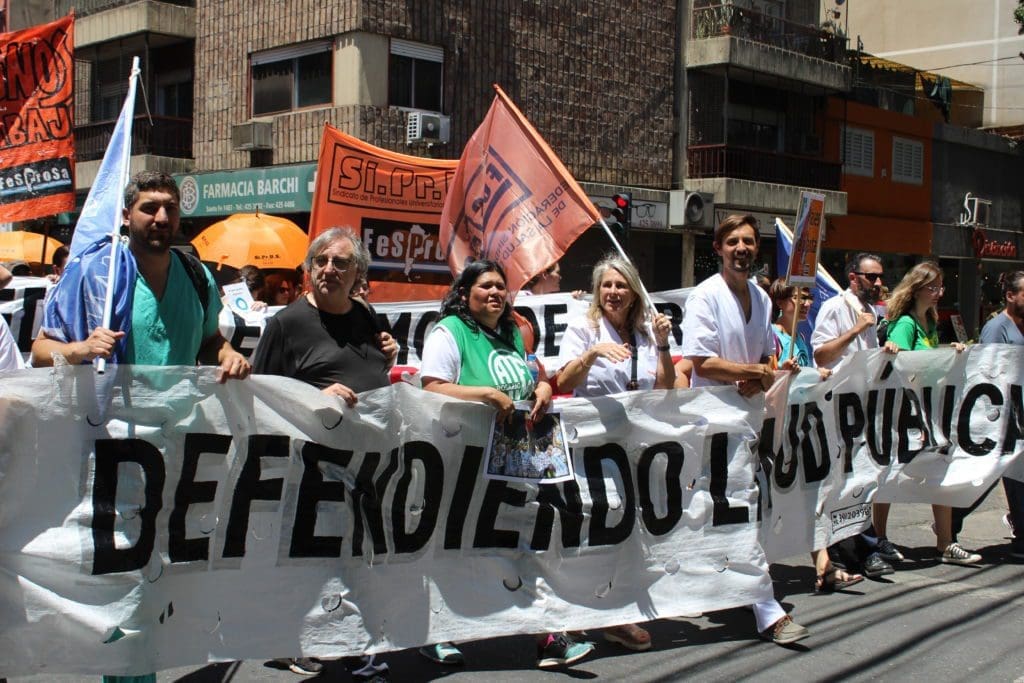
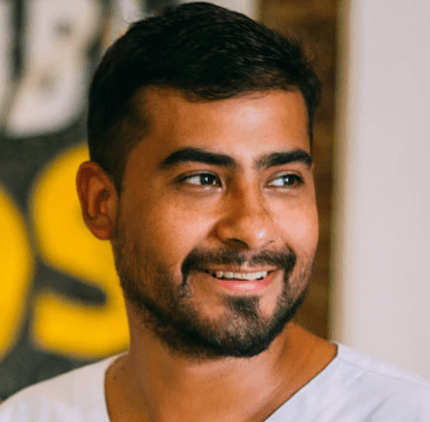
ROSARIO, Argentina — Despite graduating medical school, my country does not see medical residents as real doctors yet. Many of us feel like the hospitals put us on trial, working insane hours and using our free labor to make up for the government’s lack of funding. Our options as caretakers become very limited, so we decided to take our fight to the streets and to protest.
The fight grows after discovering horrible patient conditions
Our protests not only reveal the importance of our work as medical professionals, but also denounce lack of funding and resources for hospitals. I encountered many cases of patients arriving with issues related to drug addiction, and relapsing as soon as they leave. I also saw people dying of hunger, trying to make the small bag of food from the government last longer.
On one occasion, I prescribed a powdered antibiotic to a patient who needed it. As a mother living alone, she contracted a terrible infection. It never dawned on me that the patient may not have the proper tools to prepare it. When I visited her, I found out she lacked drinking water at home, and could not prepare the medicine. When I saw how she lived, I felt angry at the world.
Read more inspiring protest stories at Orato World Media
Treating these patients and seeing the horrible conditions they live in, my heart breaks. I think about it night and day; and cannot disconnect from it after work. This realization opened my eyes to an even bigger issue, beyond just hospitals. The government neglects its own people. Our healthcare system seems like a joke, and so little can be done just from our side. We fight for better conditions and healthcare for everyone.
We need to fix the entire system, starting with the top
Since 2015, Argentina passed laws recognizing the rights of its medical residents. Yet, little has been done to honor those laws. We still lack rights in our work environment. I work overtime constantly, without any payment for my efforts. After the pandemic, I assumed people finally understood the importance of medical workers. Yet, our sacrifices remain invisible. I try every day to stay motivated and learn to be better at my job, but the complete disregard for our work creates challenges.
The system relies on young doctors eager to establish themselves in the field to cover up its shortcomings. It fails to meet our basic needs. They ignore our contract hours and provide no payment for the additional time we put in. There exists no bonuses of any kind, no seniority benefits, no proper compensation, and terrible work conditions. We organize protests regularly hoping to raise awareness about our situation. Years of injustice lead to many medical residents resigning and losing hope in the system. We know our rights and no longer want to put up with this treatment.
With every protest, we grow larger
With organizations now representing us and helping us organize, demonstrations take place monthly, in public, and more and more people join the fight. It seems like the government believes the strikes will die down, and they count on us giving up. We intend to keep fighting for as long as it takes.
I feel convinced our actions will eventually create change. Many doctors fight with us, while others go into private practice to keep food on the table. My heart sinks every time a colleague quits, but I understand their pain. All we want is to care for our patients and be there for them in their moment of need. Our ill treatment overshadows our love for the profession.
We became doctors because we love healing people and making a difference in society. Unfortunately, the constant exploitation we endure makes it hard to love what we do anymore. We hope, in time, the government will see our unwavering dedication to change, and join us.
